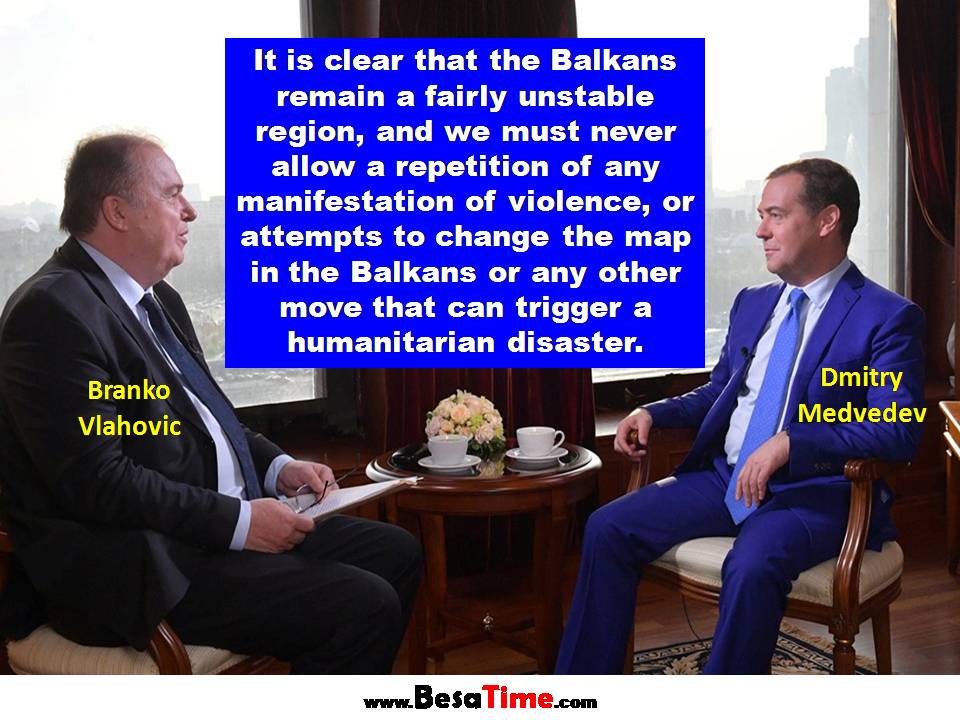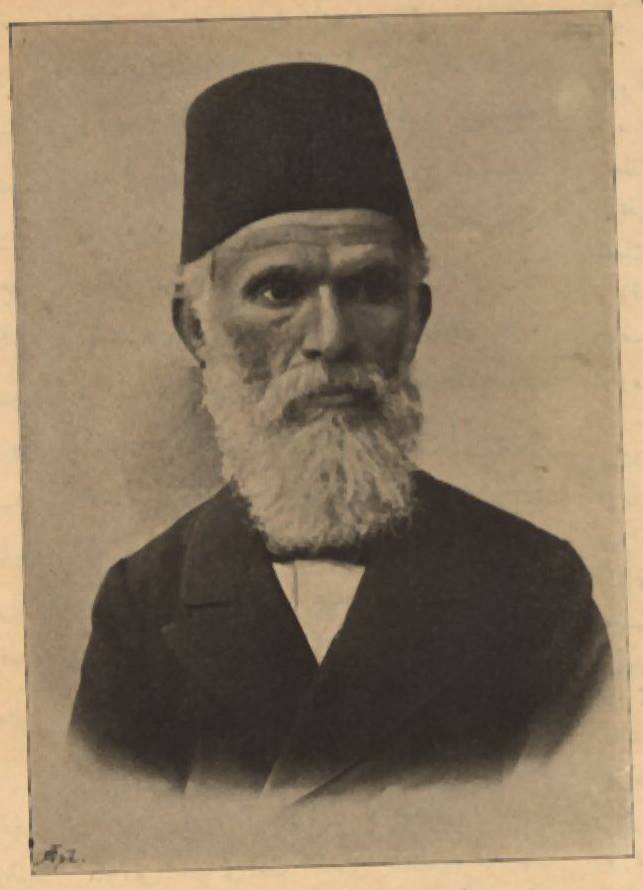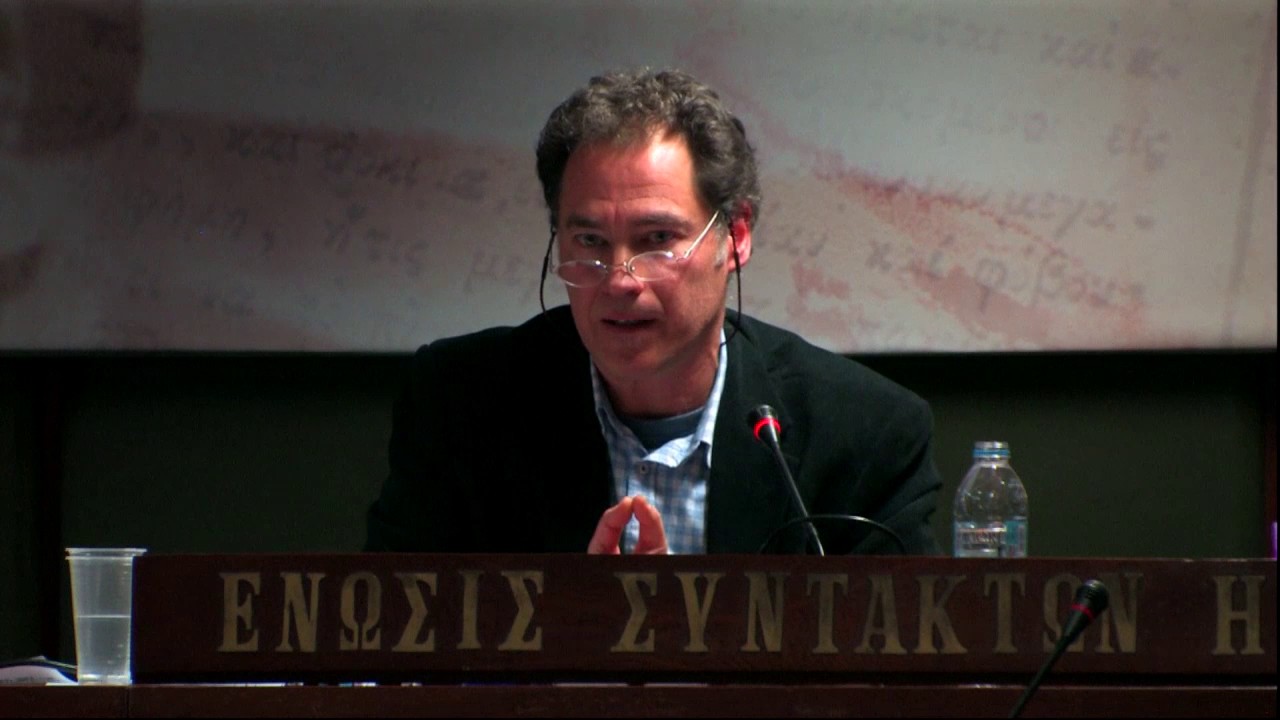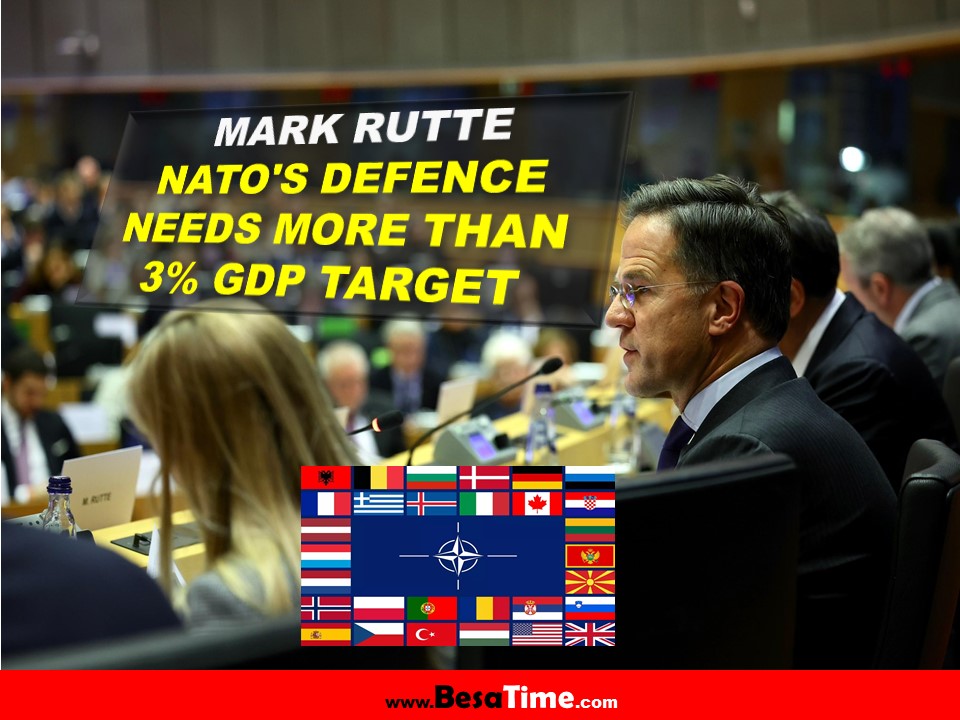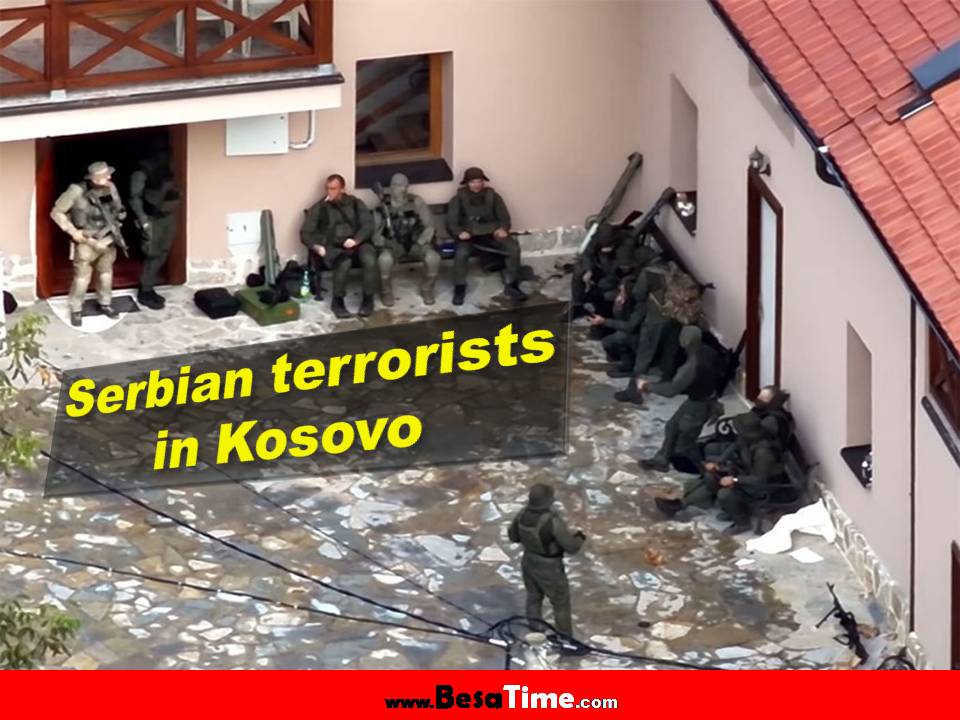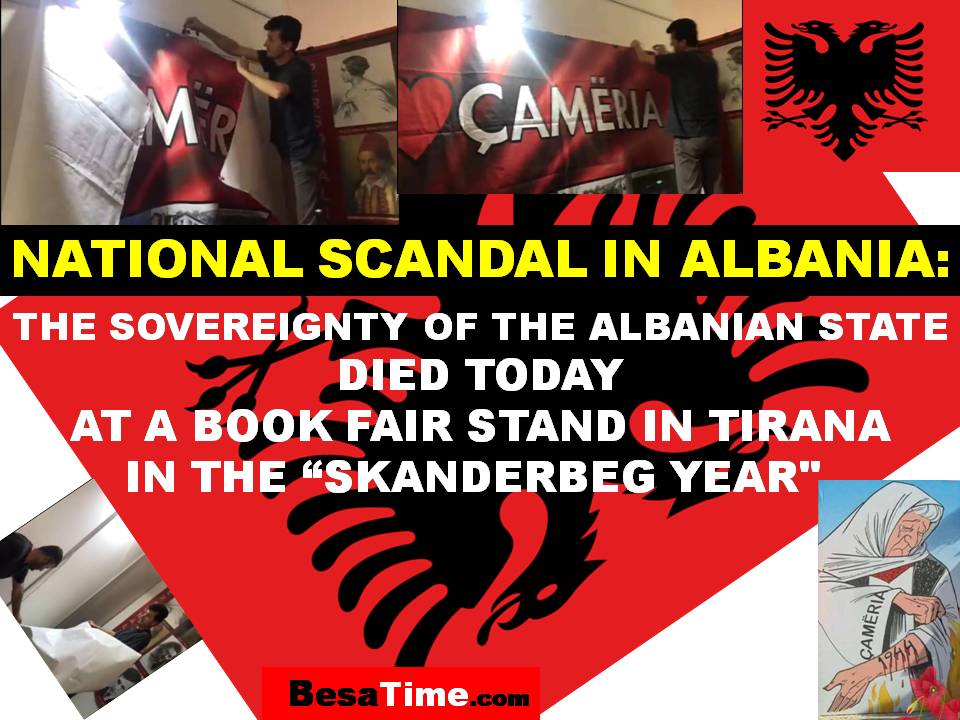
BESA TIME®
True News PortalDAMASCUS HAS FALLEN, WHO'S NEXT?

DAMASCUS HAS FALLEN, WHO'S NEXT?
By: Prof. Dr. Murat Necip ARMAN
In english and albanian for BesaTime: Sokol BRAHAJ Ph.D.
The 53-year-long Assad dictatorship in Syria has come to an end. The regime, established by Hafez al-Assad in 1971 and later transferred to his son upon his death in 2000, will be remembered in Syrian history as a period marked by suffering, massacres, civil war, displacement, and poverty. A notable example of the regime’s brutality was the massacre in Hama in 1982, where tens of thousands lost their lives under Hafez al-Assad’s orders. During his rule, the Bekaa Valley became a training ground for terrorist organizations from across the globe, which Hafez al-Assad used as leverage to secure his regime’s safety and as a tool of blackmail against the international community.
Bashar al-Assad, in the early years of his rule, sought to establish positive relations with Turkey, signaling a more constructive approach to the global community. However, the possibility of economic liberalization leading to political liberalization caused significant anxiety for him. Realizing that a smooth transition to a multiparty political system could jeopardize his hold on power, Assad chose to plunge his country into a bloody civil war that lasted thirteen years.
International relations analyses can be conducted through three levels of analysis. The first is the individual level, which the first two paragraphs address by examining the issue through the lens of the Assad family. The second level focuses on the state, while the third involves the systemic or international level. The discussion will now proceed to analyze the situation from the systemic level.
During the Cold War, Syria was a close ally of the Soviet Union, and many of Hafez al-Assad’s actions can be interpreted as efforts to safeguard Soviet interests in the region. However, the dissolution of the Soviet Union marked the beginning of a decade of unchallenged Western hegemony. Bashar al-Assad’s early attempts to soften his regime coincided with the end of this period. In the 2000s, Russia actively sought to reclaim its influence in areas once dominated by the Soviet Union. For instance, Russia orchestrated the division of Georgia, blocked reconciliation between Turkey and Armenia, sabotaged Serbia’s integration into NATO and the European Union, and thwarted efforts for a Moldova-Romania unification. These examples, among others, illustrate the broader geopolitical shifts occurring at the time.
The Syrian Civil War began during this systemic transformation. Bashar al-Assad’s desire to maintain power aligned with Russia’s ambitions to restore its influence, supported by its other regional ally, Iran. Together, Russia and Iran bolstered Assad’s regime, making the war appear winnable for Assad at various points.
However, the Ukraine-Russia war has significantly depleted Russia’s economic and military resources, drawing parallels to the Soviet Union’s invasion of Afghanistan in 1979. Meanwhile, Iran, grappling with intensified sanctions due to its nuclear ambitions, faced profound economic challenges. These economic pressures exacerbated existing social fractures within Iran, as evident in events like the killing of Mahsa Amini, which symbolized growing public dissent against the regime.
With Russia and Iran both weakened, Assad’s regime, already drained of internal support after thirteen years of war, faced a decisive moment. Opposition forces launched a campaign from Aleppo to Damascus, encountering minimal resistance and ultimately toppling the regime. Amidst these developments, Turkey’s alignment with the right side of history deserves acknowledgment.
In conclusion, the fall of Damascus is not only a defeat for Assad but also for Putin and Khamenei. This collapse is emblematic of broader challenges to authoritarian regimes aligned with Russian interests. The encirclement extends to Ukraine, Georgia, Moldova, and beyond. For instance, the annulment of the first round of Romania’s presidential elections by the Constitutional Court must also be viewed within this framework. Moving forward, regimes in Serbia, Armenia, and Belarus—whose policies align closely with Russian interests—will need to reassess their positions within the evolving global political order.
HaberEkspres


ALBANIA OPENED NEGOTIATIONS FOR MEMBERSHIP IN THE EU
EU – ALBANIA ALBANIA OPENED NEGOTIATIONS FOR MEMBERSHIP IN THE EU...

UKRAINE WAR: CRIMEA BRIDGE ATTACK & WAGNER
UKRAINE WAR: CRIMEA BRIDGE ATTACK & WAGNER...

NATO 2022 Strategic Concept was adopted at the Madrid Summit, 29-30 June 2022
NATO 2022 Strategic Concept was adopted at the Madrid Summit, 29-30 June 2022...
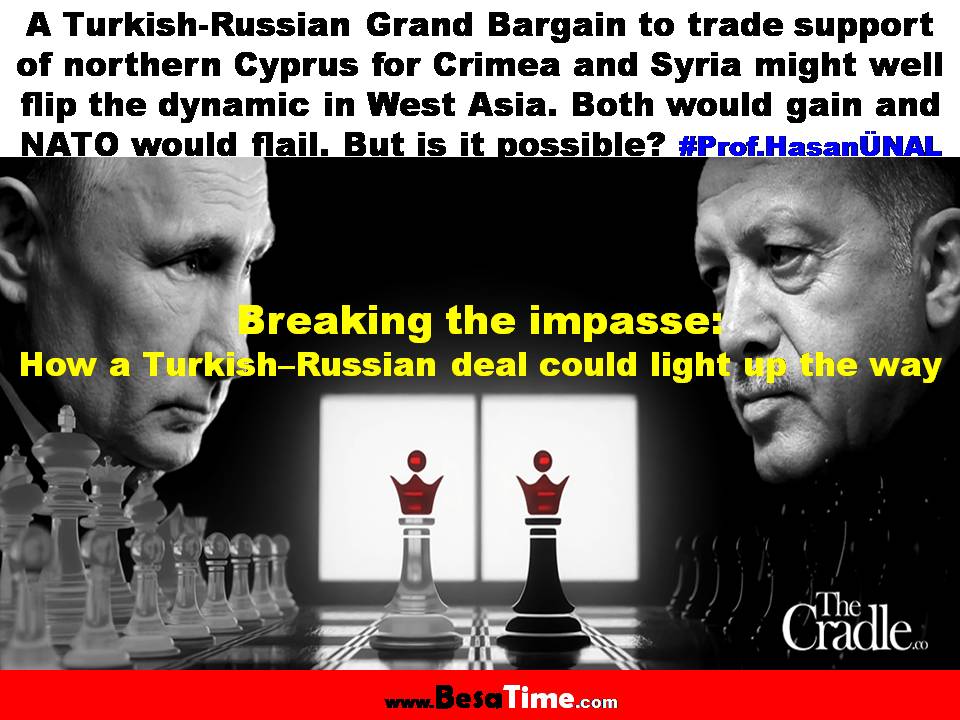
Breaking the impasse: How a Turkish–Russian deal could light up the way
Breaking the impasse: How a Turkish–Russian deal could light up the way A Turkish-Russian Grand Bargain to trade support of northern Cyprus for Crimea and Syria might well flip the dynamic in West Asia. Both would gain and NATO...
IT IS CLEAR THAT THE BALKANS REMAIN A FAIRLY UNSTABLE REGION By: Dmitry MEDVEDEV
IT IS CLEAR THAT THE BALKANS REMAIN A FAIRLY UNSTABLE REGION By: Dmitry MEDVEDEV...
